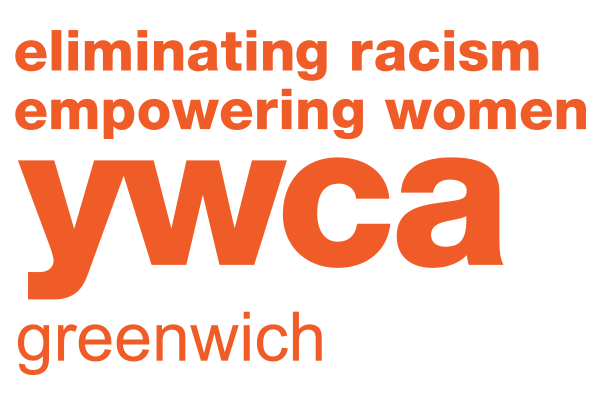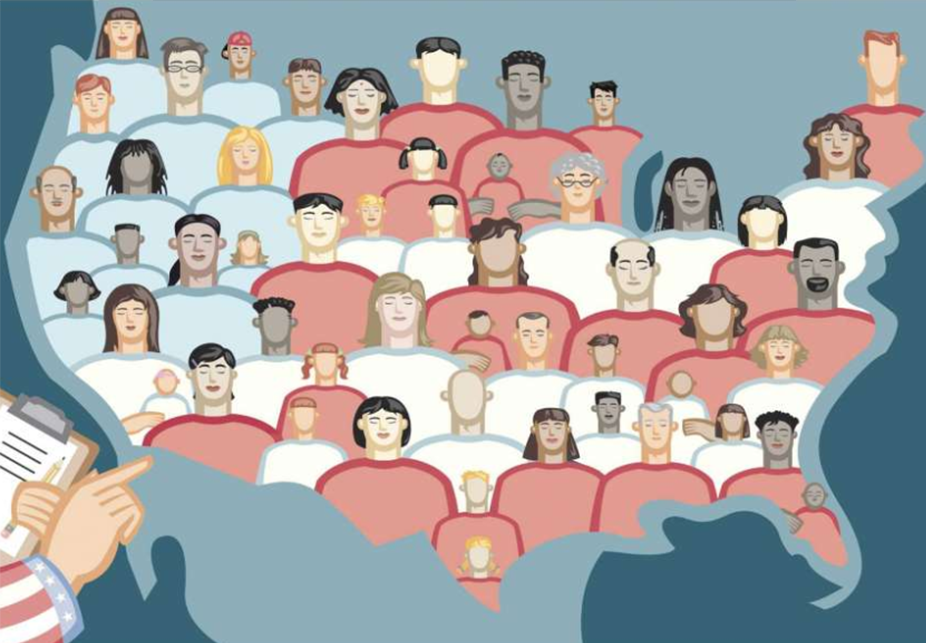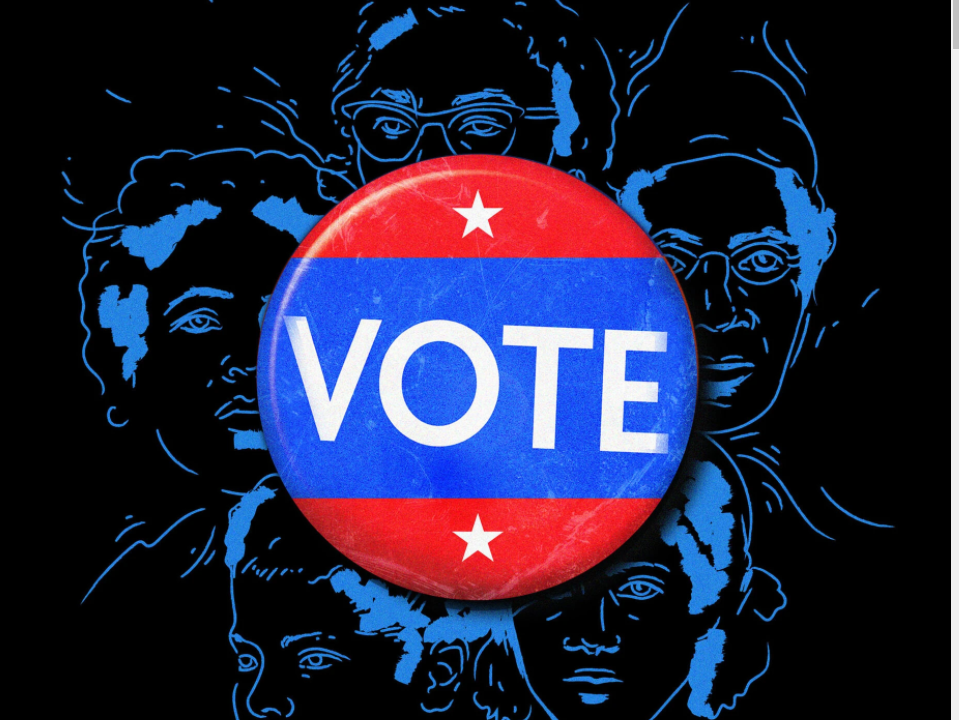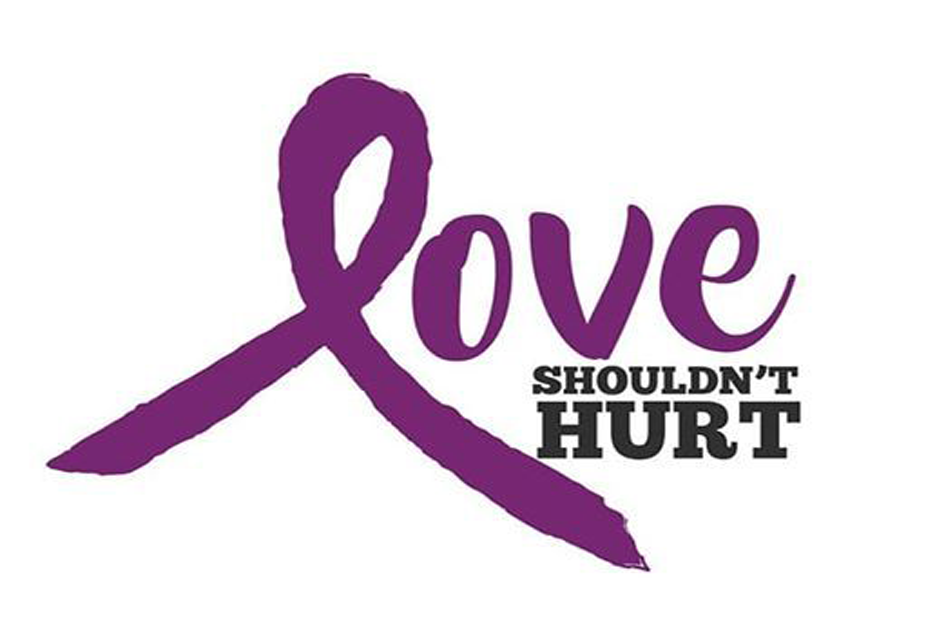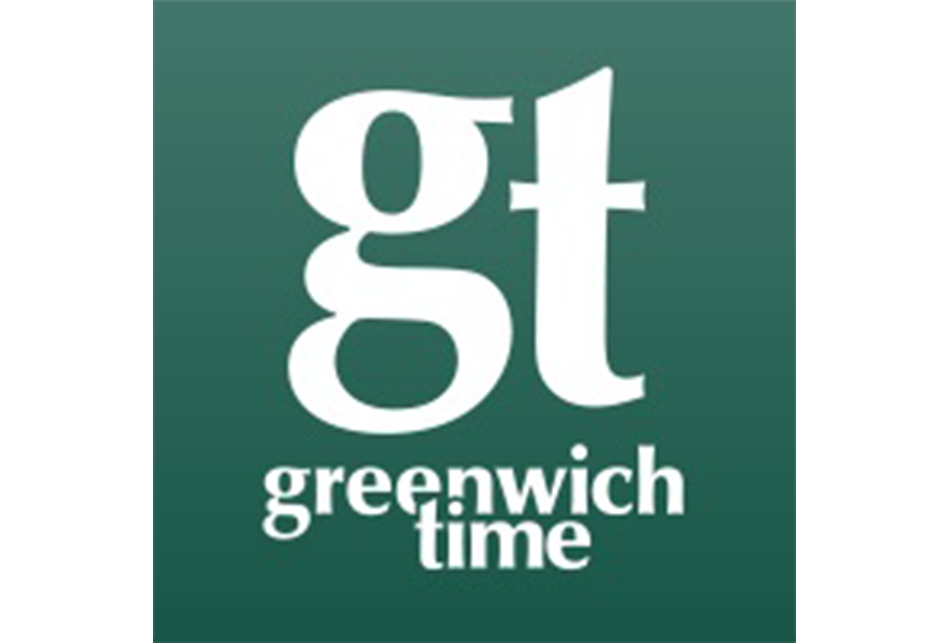
In pervasive sex business, women suffer in silence
February 18, 2020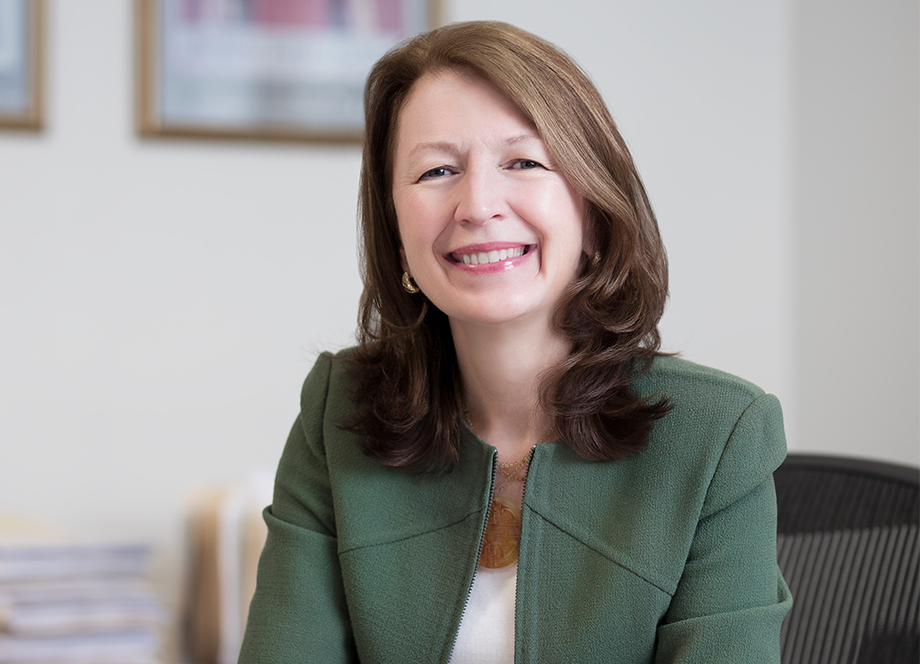
Update on COVID-19 Preparedness
March 11, 2020Greenwich Time. 8.March.2020.On International Women’s Day 2020, we at YWCA Greenwich are thinking about the most impactful step every woman can take this month to work toward gender equity. That step is responding to the 2020 census.
Why is responding to the census important? The census drives allocation of more than $675 billion in state and federal funding to communities for the next 10 years. These funds create jobs; provide housing; support public education and school buildings; prepare for emergencies; build roads, libraries, hospitals; and provide grants to the nonprofits serving every community.
In addition, the census drives representation and policy work in government. The census count will be used to apportion seats in the U.S. House of Representative, as well as draw various boundaries and districts used at the federal, state and local levels. The census count can also drive the nature of government level decision-making. For example, every child needs to be counted, and undercounting means less funding and changed policy objectives for children. YWCA USA recently conducted a national survey to identify women’s public policy priorities, and all these issues — such as gender and race discrimination, community violence and healthcare — will be impacted by the census
Who is undercounted? Populations that are historically undercounted include children under five years old; people with low incomes; people of color; non-English speakers; immigrants; and persons with mental or physical disabilities. Undercounting leads to fewer resources and potential de-prioritization of the issues important to these populations. While the citizenship question is not on the census, many are still confused about whether non-citizens should be counted by the census. This year and historically, non-citizens are counted, and all non-citizens here in this country should participate in the census. Every community is tasked with establishing a Complete Count Committee, which will develop strategies for increasing participation among hard to count populations.
When the census form arrives by mail, the form will be in both English and Spanish. You can also respond online, where the form is available in 12 languages. In addition, 59 other language guides will be available on videos and in print, as well as guides for American Sign Language, Braille and large print. You can also respond by phone, and telecommunications help will be available for those who are deaf or hard of hearing.
What is the information requested and not requested? The census asks for basic personal and demographic information such as name; relationship to those in the household; gender; age; birthday; Hispanic origin and race; and status as a homeowner or renter. The census does not ask for Social Security numbers; bank or credit card numbers; donations; or any political questions or requests. Federal law protects the responses that you provide in the census and prohibits disclosure of any identifying information. Your census responses cannot be accessed by law enforcement, including the FBI, CIA, ICE and DHS. The information collected in the census can only be used for statistical purposes.
What are the key dates in the census process?
March 12-20: An invitation to respond online to the 2020 Census will arrive in the mail to your household.
March 16-24: You will receive a reminder letter from the U.S. Census Bureau.
April 1: National Census Day will build awareness about the census. Responses are “as of” April 1.
March 26-April 3: You will receive a reminder postcard.</p>
April 8-16: You will receive a reminder letter and paper questionnaire in English and Spanish.
April 20-27: A final reminder postcard will arrive before the Census Bureau follows up in person.
May-July: Census workers continue to follow up in person. Self-response deadline is in July.
Dec. 31: Census Bureau completes and delivers the count.
Let’s mark International Women’s Day 2020 with a pledge to participate in the census and make sure that our family, friends and neighbors participate in the census. At its most basic level, the census is an act of civic engagement and empowerment — an opportunity for everyone’s voices to be heard and be counted. If you need computer access, please go to the nearest library or come to YWCA Greenwich, where we will have laptops available to complete the census online. More information is available at 2020census.gov and censuscounts.org, or call 800-923-8282.
Mary Lee A. Kiernan is president & CEO of YWCA Greenwich.
